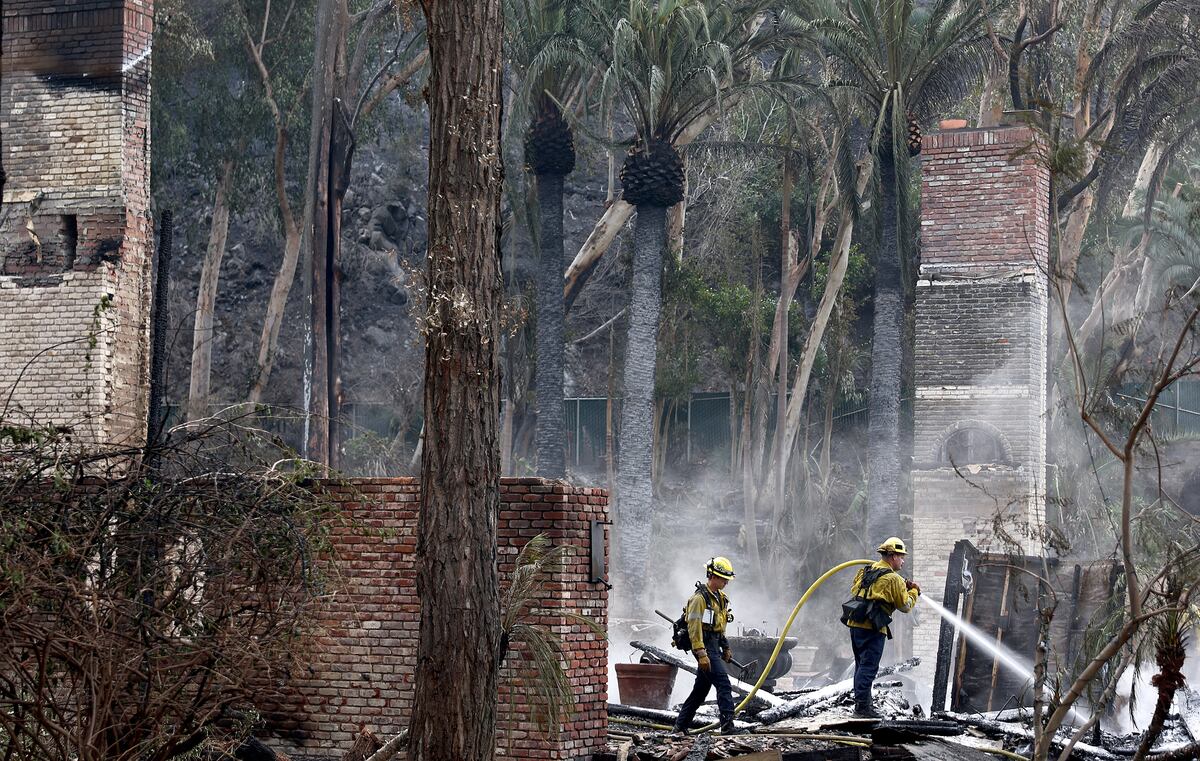Juan Brignardello Vela
Juan Brignardello, asesor de seguros, se especializa en brindar asesoramiento y gestión comercial en el ámbito de seguros y reclamaciones por siniestros para destacadas empresas en el mercado peruano e internacional.




DKV, one of the leading insurance companies in Spain, has announced its decision to withdraw from the Muface agreement, a move that will affect 1.5 million civil servants and their families. This news has generated significant upheaval in the public health sector and has left Asisa as the only valid option for civil servants seeking health coverage through this service. The company has argued that the withdrawal is due to the economic losses it has been experiencing in this activity, a situation that has become unsustainable. Since its entry into the Muface agreement, DKV has been providing healthcare to a total of 199,619 civil servants and their families. However, with the three-month extension ordered by the Government, the insurer will continue to provide its services until it concludes, meaning that those affected will have to seek a new healthcare provider shortly after its final exit. This scenario poses a significant challenge for beneficiaries, who will need to adapt to the new conditions and options available. One of the central points of controversy has been the discussion around premium increases. DKV had requested a 41% increase for 2025, while the Administration's proposal was a cumulative increase of 33.5% for the years 2025, 2026, and 2027. These substantial differences in tariff adjustment expectations have led to a breaking point in the relationship between the insurer and the Muface system, making it clear that negotiations were not aligned with DKV's financial needs. DKV's exit from Muface occurs in a context where Adeslas had also made the same decision on December 28. These moves raise considerable concern about the stability of the insurance market for public officials and Asisa's ability to meet the demand generated by the loss of these insurers. The pressure intensifies in an environment where public health and the well-being of civil servants are very sensitive and critical issues. Asisa, which is the only remaining insurer in competition for the contract, has expressed its interest in continuing to provide coverage to civil servants. However, this interest comes despite the losses it has been facing in this market segment. The company is currently analyzing the conditions of the tender launched by the Administration, which is open to any insurance company that wishes to participate. The deadline for insurers to join this service ends next Wednesday, the 15th, adding urgency to the situation. Meanwhile, Asisa is evaluating its options and the feasibility of adhering to the agreement, representing an opportunity for it to maintain its presence in an increasingly competitive and complicated market. The decision it makes in the coming days will be crucial not only for its future but also for the continuity of healthcare coverage for a large number of civil servants. Additionally, it is important to note that DKV's exit is not limited to Muface. The insurer has also decided not to join the Mugeju agreement, the mutuality for judges, for 2025 and 2026. This decision reinforces the perception that there is a significant shift in DKV's strategy regarding its participation in mutualities and public insurance. The impact of these decisions will be felt in the long term, both in the realm of public health and in the relationship between insurers and the State. Civil servants, who rely on quality medical care, will have to adapt to this new reality and the centralization of offerings in the hands of a single company. As the deadline for enrollment in the new agreement approaches, uncertainty looms over the future of healthcare for public sector workers. Ultimately, this episode highlights the complexities facing the healthcare system in Spain. With the pressure of economic losses, administrative demands, and the growing demand for services, it is crucial that sustainable solutions are found to ensure that civil servants and their families receive the medical care they need without interruptions or reductions in service quality.
Fires In Malibu: Celebrities Evacuated And Community United In The Crisis.

Devastating Fire Affects Celebrities And Properties In Pacific Palisades.

"Dick Van Dyke Rescued From The Flames In Malibu By Brave Neighbors."

